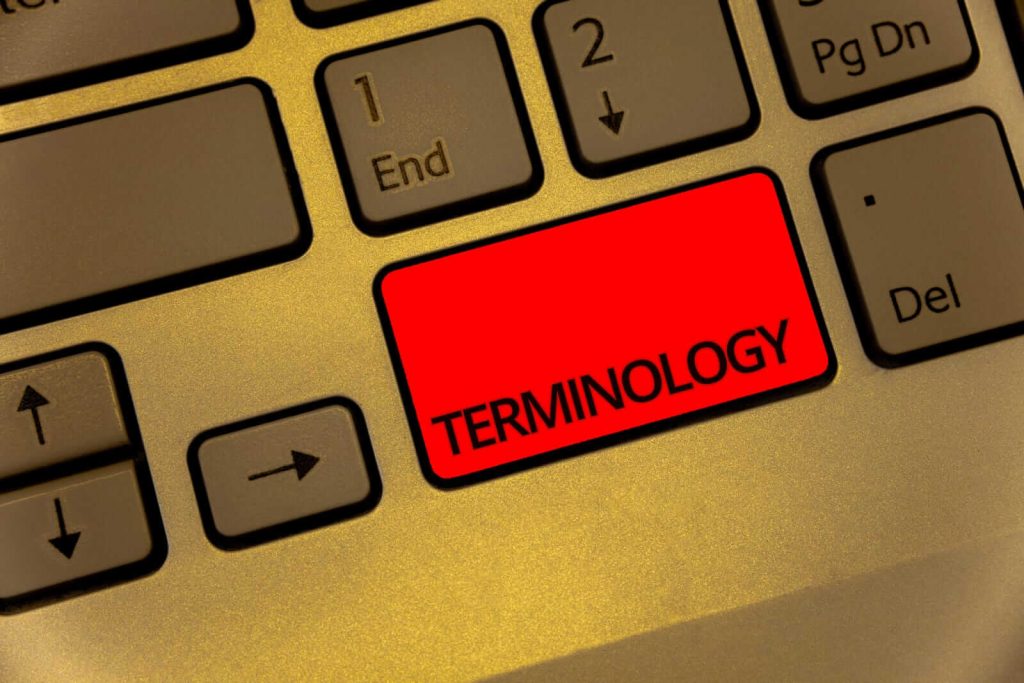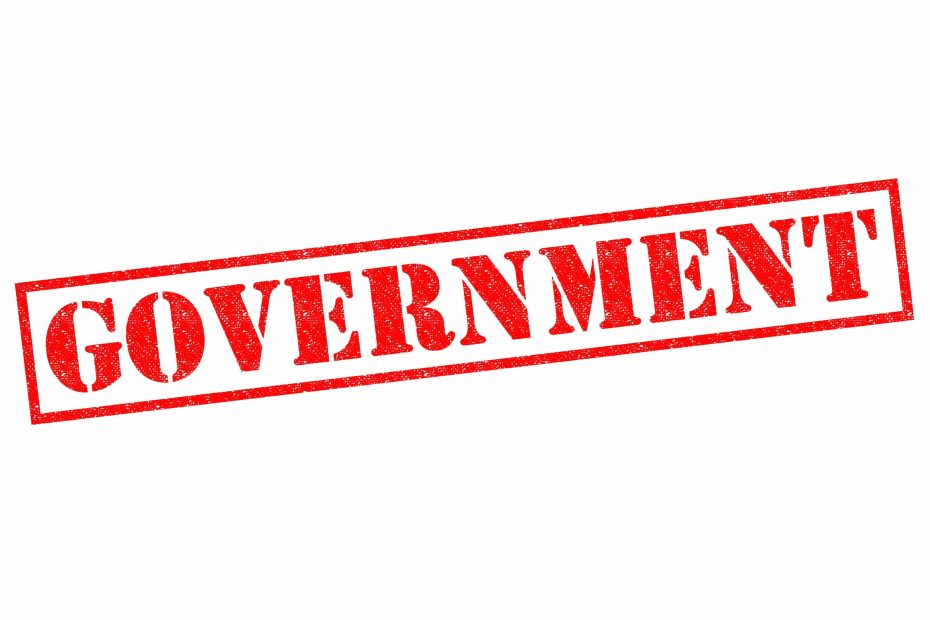To start with, it is important to know that – before bidding on any federal contracts, businesses must complete their System for Award Management (SAM) Registration. Only businesses that have done so can bid for and receive federal contracts.
Read: 8 Tips to Get Your Business Registered in SAM
To create a SAM profile:
- A business will have to offer the DUNS number assigned to it
- Get your DUNS number from Dun and Bradstreet at dnb.com
- Additionally, the business must supply its North American Industry Classification System (NAICS) codes. Remember to enlist the code that best describes our products/services
- The SAM profile requires information required to receive payments from the government for work completed, if the business wins a contract
Once the SAM registration is complete, we can then prepare and submit bids for federal contracts. This is not the simplest task, especially for those doing it for the first time. However, this article should help with all the necessary information to make the process a bit easier to navigate.

- Start with Research
The federal government offers contracts for everything from dessert plates, bread, office supplies, conservation efforts, car parts, construction material – everything. Additionally, bear in mind that small businesses , minority-owned and women-owned businesses have an advantage, because a certain percentage of contract awards are earmarked for these enterprises.
Now, one can either look for contracts themselves or use a bid service.

- Find Contracts for Yourself:
All federal contracts are listed on the FedBizOpps website. Register your business with the website in order to get notifications about new contracts that may match your business. Keep in mind that contracts are available for each day only and will be updated every second day for the next year.
Now, there are thousands of Requests for Proposal (RFP), Requests for Quote (RFQ) and Invitations for Bid (IFB) being published every day. Finding one that matches your business requirement at state, country, regional and municipal levels can be fairly tedious. You’d have to comb through state bidding portals, municipal administration websites, and county purchasing departments – most of which demand users to register themselves before proceeding.
However, if you do have the time and resources to spend on an extensive search, there are a couple of databases that you should start with:
Dynamic Small Business Search (DSBS) – A database used by government agencies to find small business contractors for upcoming contracts, and for small businesses to find other vendors to work with. Maintained by the SBA, the DSBS is updated with information provided when a business registers for the SAM.
SAM.gov – A database in which federal business opportunities are enlisted. All government contracts over $25,000 are required by law to be advertised via SAM.
Look for businesses that have already won contracts in your industry. Searching by NAICS code(s) will help you find who is winning contracts and for how much. Additionally, put in some research into potential competitors. At the very least, figure out if competing companies are licensed, bonded and/or insured, and make sure your business is too.

- Use a Bid Service:
Save time and effort by hiring a bid service that will offer all necessary information that aligns with a business’ needs when bidding. Let’s say a business provides desserts for events. A bid service will research, curate and send information about all relevant bids in the region.
By using a bid service, you can save time on basic research, and use it to create proposals, quotes and everything else necessary to compete for desirable contracts.
If you are looking for a reliable bid service to make your life easier, consider using BidFortune. The tool provides information on state and federal government contracting and helps companies to discover, analyze and succeed at government contracting.
BidFortune searches for federal and state government bids for various products and/or NAICS code. The tool analyses competing businesses based on past performance, and discovers market share percentage held by each company for any product or NAICS code.
With BidFortune, businesses can see opportunities expiring in the next few days (or at a specific time period). They can also find potential opportunities similar to a current one.
- How to Bid on the Contract
Once a desirable contract has been identified, here are a few things you can do to further the bidding process:
- Find key procurement officers:
Identify the procurement officers most likely to solicit bids for your business offerings. Find data about these officers at FPDS.gov.
Build relationships with procurement officers, and ensure they know everything they need to know about your business and its advantages. If an office has to pick between two similar companies in the same industry, chances are that they will pick the company they actually know about.
- Develop your elevator pitch:
It might sound like a tall order, but you should have a pitch that takes no more than 30 seconds to deliver to a federal contracting officer. Include the following:
- Information about the business and that you want to bid on federal contracts.
- What do your business do? What can it offer the contracting officer?
- Why should the office choose your business? ( Illustrious past performance? Availability for small contracts? Providing emergency work?)

- Send email and follow up:
Once the elevator pitch is developed, put it in an email. Include everything the procurement officer needs, and send it after your conversation with them.
Ensure you are including all information required by the solicitation. Edit and double-check for spelling and grammar errors. If possible, use a bif template to save time.
Make sure it doesn’t look like a form email; add something personal to distinguish your brand. If you are a Verified Vendor, add a link to your Verified Vendor seal and federally formatted website. - Follow Up:
This might be the most difficult part. You’ll have to keep following up until the bid is awarded (to you or someone else). Call every other week at least, until the contracting offer comes on the phone.
If a procurement officer seems more excited by your business and services, call them more often, especially if you know they will publish a solicitation.
Definitely call after you’ve submitted your bid.
If you lose the bid, call and ask why. Procurement officers tend to be upfront about their reasons.
If you get the bid, call to thank them. Additionally, call again to thank them after completing a contracted job.
If this is your first bid, be warned that you might not make a great deal of money. Pricing is integral to landing your first contract, so you’ll have to bid competitively. Try adjusting your price to last year’s contract award. BidFortune can help you find incumbents and competition who won similar bids in the past. Look at them as your competition or potential teaming partners.

- Relevant Jargon and Terminology
- 8(a) Program: Created in 1974 to assist small, minority-owned and disadvantaged businesses (SDBs) expand through federal contracting preferences and reservations.
- Addenda: Supplemental documents accompanying the bid or proposal form that covers additions, corrections, or changes in bidding conditions.
- Basic Ordering Agreement (BOA): a written document of understanding, negotiated between an agency/contracting office and a contractor. It contains the terms and clauses applicable between the parties during the specified term.
- Best and Final Offer (BAFO): A contractor’s final offer after negotiations have been concluded.
- Women-Owned Small Business (WOSB) Program: A program seeking to help small business concerns at least 51% directly owned by one or more women who are US citizens and are economically disadvantaged according to 13 CFR part 127.
- Veteran-Owned Small Business Concern: A small business concern at least 51% owned by one or more veterans (as defined at 38 U.S.C. 101(2)) or, in case of publicly owned businesses, 51% of the stock owned by one or more veterans.
- Termination for Convenience (T4C): Executing the Government’s right to completely or partially terminate performance of work under a contract when in the Government’s interest.
- Termination for Default (T4D): Executing the Government’s right to completely or partially terminate a contract due to a contractor’s literal or presumed failure to perform their contractual obligations
- Task Order: The order for work to be performed, placed against a legitimate contract or with Government-sanctioned sources.
- Statement of Work (SOW): A section in a contract that clearly lays out and defines requirements of the particular services to be provided.
- Statement of Objectives (SOO): A document prepared by the government that is included in the solicitation describing overall performance goals.
- Bid: A business’ offer to perform work described in a government contract at a predetermined cost.
For a more exhaustive list of related terminology, visit this glossary.

- Unexpected Problems Related to the Process
- Federal contracts go live with very little warning. By the time a call for bids appears on the website, there’s only a month or two left to send in a proposal.
- In the event that a business wins the contract, someone (an individual or business) may protest that the business misrepresented its nature and offerings, and that the contract has been awarded dishonestly.
- A contracting office, the SBA, another bidder, government official or any interested party can file a protest inquiring into the winning bidder’s size or socio-economic stature. If that happens, the SBA will decide on the matter. If the SBA decides that the business does not quality, they become ineligible for the contract.
- A federal contracting officer may reject a low bid from a small business if they do not trust the business’ ability to satisfactorily fulfil the contract. If so, the SBA decides on the legitimacy of the case.
The SBA will offer the business a chance to apply for a Certificate of Competency (COC). If the business does so, the SBA will review the it’s capability to fulfill the contract. If the verdict is positive, the SBA will issue the COC to the contracting officer, mandating the award of the contract to the business.
For more insight into possible issues bidders may face at various stages of the process, have a look at this list.

- Do’s and Don’ts
Do’s
- Depict that your solution to the problem being posed is a low-risk option.
- Since government source selection teams have significant research on the project up for bid, stick to their proposal estimates when quoting prices and your technical approach.
- Study the federal RFP requirements carefully, and draft your proposal to address requirements specifically.
- Ensure your proposal highlights the best of your technical abilities.
- If the RFP requirements seem unclear, communicate with the designated contracting officer. Don’t make assumptions by yourself.
- Explain your business’ process in detail – the number of people required for the project, your Quality Control Plan, key individuals and their responsibilities, etc.
- Research competitors and past winning bids before quoting prices.
Don’ts
- Don’t use generic proposal templates. Since the government’s statement of work changes over time, older bid submissions become quickly updated. Contracting officers will take one look at a generic proposal and dismiss it.
- Contracting officers and agencies consider the performance of your teaming partners and subcontractors. Pick them wisely. Research the legality of this issue, and ensure your work partners adhere to them.
- If you offer a wide range of products and services, mention only the ones relevant to the project. Don’t make contracting officers read more than they have to.
- Don’t take officers/clients out to lunch/dinner.
- Do your homework before walking to meetings. Few things are as terrible as appearing uninformed about your own business and what it brings to the table.
However, the experience and performance review, as well as the contacts you’ll gain with your first federal contract are quite likely to lead to more lucrative ones in the future. You’ll also be able to quote higher prices with more experience under your belt.

Bidding on a federal contract is a time-consuming process, but the rewards are unquestionably worth it. You can always optimize on time and resources by hiring a bid service, and letting them handle the grunt work of research. Focus on preparing the best contract possible, because that is what contracting officers will look for, and that is what will get you what you want.
